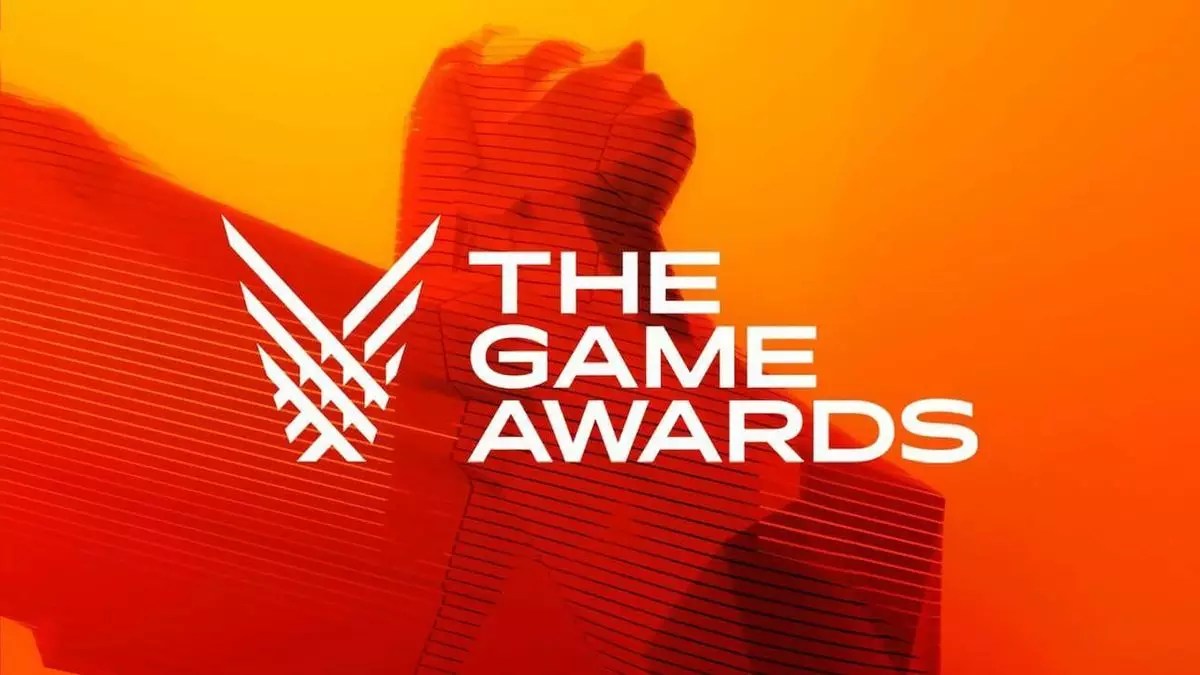In the vibrant world of gaming, each year culminates in a highly anticipated showcase known as The Game Awards. This event not only celebrates the pinnacle of video game achievements but also serves as a reflection of the evolving landscape of the gaming industry. As we dive deeper into this year’s festivities, it’s clear that alongside the mainstream accolades, there are smaller, yet equally important, gatherings paving the way for indie developers and reshaping our expectations of awards in gaming.
Just before The Game Awards commence, another event is set to shine a spotlight on indie game developers. Dubbed “The Game Awards for Games Who Can’t Afford the Game Awards,” this unique show will highlight over 70 indie games from diverse genres. The initiative aims to recognize the creativity and ingenuity that often goes unnoticed in the shadow of bigger releases. Awards such as ‘Most Likely to Make You Quit Your Job and Become an Artist’ emphasize the quirky yet meaningful engagement of independent developers with their audiences.
The indie gaming scene is thriving with innovation. Developers often have the freedom to experiment with unconventional ideas, resulting in fresh gameplay mechanics and narrative styles that capture the imagination of players. This indie showcase provides an invaluable platform for small studios to gain visibility, offering an alternative narrative to the often commercial-driven proceedings of larger gaming awards.
Meanwhile, The Game Awards continue to gather attention as it incorporates a plethora of elements designed to entertain and engage its viewers. This year’s ceremony will bring forth musical guests, trailers, and a lengthy list of nominees spanning various categories, ultimately delivering a spectacular night for gamers everywhere. Notably, heavyweights like Astro Bot and Final Fantasy 7 Rebirth lead the nominations, with each securing seven nominations, showcasing their respective developments’ massive appeal and critical acclaim.
The anticipation only intensifies when we look at the notable contenders from previous award series, such as the Golden Joystick Awards, which saw FF7 Rebirth and Helldivers 2 take home significant honors. With expansions like Elden Ring’s Shadow of the Erdtree also in the mix, the upcoming awards cycle promises a blend of surprises and expected outcomes, keeping fans on the edge of their seats.
A confusing yet intriguing aspect of this year’s nominations is the range of genres and formats represented. From heavy hitters in the RPG genre to battle royale newcomers, the diversity reflects the multitude of gaming experiences available today. For instance, established franchises like Call of Duty and Final Fantasy are competing alongside unique narratives in indie games, illustrating that every corner of the industry deserves recognition.
Moreover, the awards have begun to embrace expansions and DLCs for major titles, marking a significant shift in how game achievements are recognized. This broadens the scope of eligible candidates and recognizes that gaming doesn’t just stop at the launch of a title; there’s an ongoing journey of development and engagement with the community. The inclusion of various genres adds layers to the discussions and allows for a richer debate on what constitutes a deserving winner.
While the excitement of nominations and awards may attract attention, it’s the community engagement behind these events that truly elevates them. Gaming culture thrives on the connection between players, developers, and fans. Events like these not only showcase achievements but also invite discussions about game design, industry trends, and the cultural impact of gaming. Platforms such as Twitch and social media amplify this dialogue, allowing fans to voice their opinions and participate in the celebration of their favorite games in real-time.
Programs and awards aimed at promoting inclusivity and diversity within gaming contribute to a more enriched and supportive environment for all developers. As smaller games receive the same stage as major blockbusters, the potential for discovering future classics—games that will shape the industry long after the spotlight fades—becomes more pronounced.
As we look toward the future of gaming awards, the blending of large-scale events and intimate showcases presents an exciting landscape. With indie games garnering attention alongside blockbuster titles, the gaming awards are evolving into an all-encompassing celebration of creativity in all its forms. This year’s festivities are not merely about winning and losing; they are about fostering a community that values artistic expression, innovation, and the shared love of games.
The upcoming gaming awards season stands as a testament to the dynamism of the industry. It acknowledges both the heavyweights and the underdogs, cultivating an environment where every game—regardless of origin—has the chance to shine. As players and fans, we are all part of this vibrant tapestry, and together, we can look forward to a future rich in diverse gaming experiences and collective celebration.


Leave a Reply